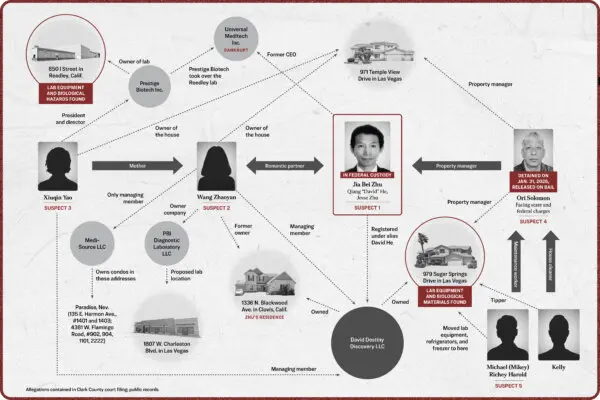JOHANNESBURG—China has started to build factories across Africa to manufacture electric vehicles (EV), a strategy that market analysts say will likely flood the world with cheap EVs and allow Chinese companies to dominate the global automobile industry far into the future.
Automakers under the communist regime are already benefiting from huge subsidies, resulting in dramatic increases in production and allowing China to severely undercut prices of EVs made elsewhere, including in the United States.










